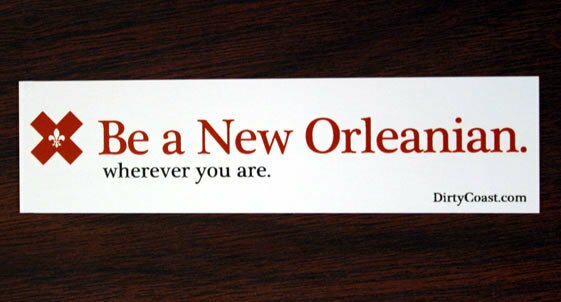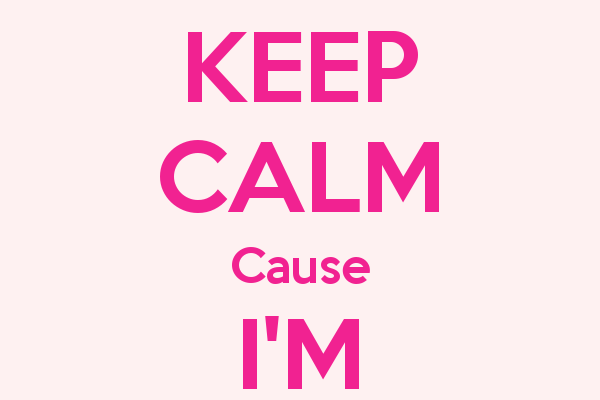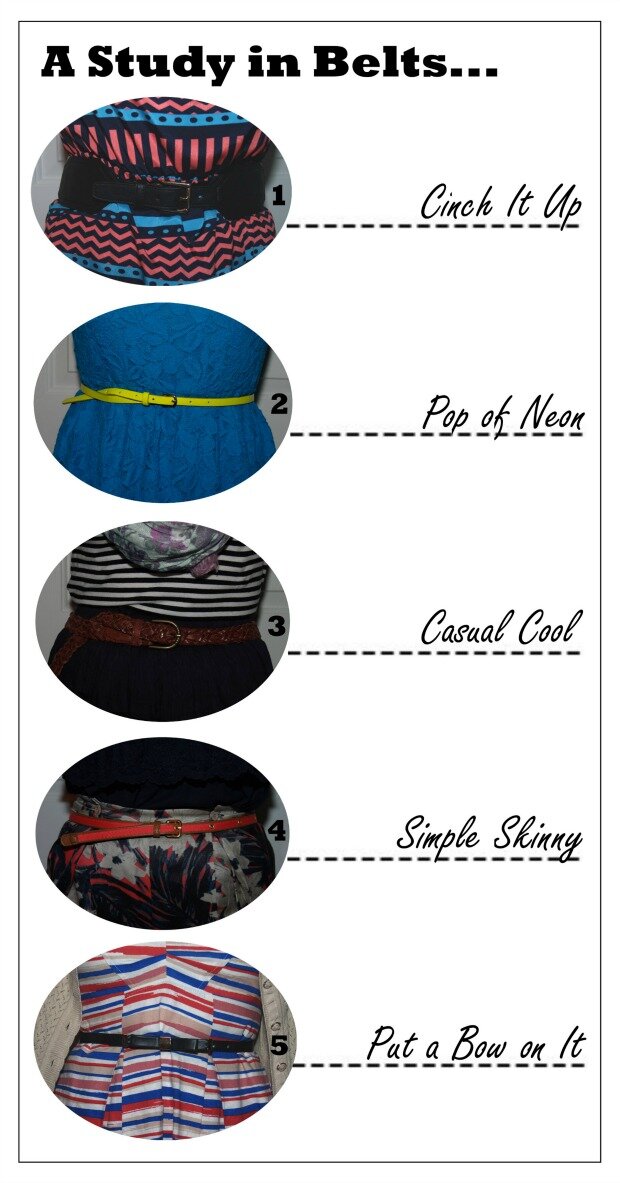People say a lot of things about New Orleans. Each of the city’s 9 million tourists and its nearly 400,000 residents has something to say. Artists from Bob Dylan to Tennessee Williams eloquently discuss New Orleans’ preeminence amongst American cities. If you’re down in New Orleans nowadays you can’t miss the seven words affixed on bumper stickers everywhere “Be a New Orleanian. Wherever you are.”
As with all great catch phrases and marketing slogans, this one, coined by the founder of a local t-shirt shop, Dirty Coast, has been up for interpretation. I figured I would give it a shot.
To be a New Orleanian is to live life. Take each day as it comes and each obstacle as it rises. Maintain loyalty and respect, but do not worry about levying criticism here and there. Focus on the positives, accept the negatives, and appreciate the average. New Orleans is a city for the everyman.
I was not raised in New Orleans, but to be a New Orleanian you don’t have to be. If you want to run for political office, you may run into trouble when voters ask where you went to school (in New Orleans, this means your high school, not college), but for other opportunities, you’re more than welcome. New Orleans is a lifestyle and a set of values.
Rebirth Brass Band has won national acclaim and industry recognition. Last year, they took home their first Grammy award. Their fame, though, has not tampered their NOLA roots—they come back to the city each week for a rollicking performance at the Maple Leaf, an Uptown dive bar—with a $10 cover and cheap beer.
Alcohol laws in New Orleans are notoriously relaxed, which reflects the city’s relaxed outlook on life. If you don’t want to throw out your beer when you leave a bar, just pour it in a plastic to-go cup and enjoy. Cause no harm and receive no condemnation. In New Orleans, residents and visitors alike are invited to go out and have a good time because in New Orleans that’s what life is about.

via Wikemedia.org
Unlike New York City, Washington D.C. and Los Angeles (among others), New Orleans is not a city for just the wealthy to enjoy. It has its old money and bougie Southern gatherings, but you can live a very nice middle-class life. The city’s best restaurants, if not already priced reasonably, offer too-good-to-be-true happy hour specials. Fifty-cent oysters at Luke. Six-dollar pizzas and special appetizers at Domenica. Twenty-five cent martinis during lunch at Commander’s Palace.
Critics will always note the city’s greatest flaws and it is not wrong to do so–crime, failed education, and poverty do not make for a sustainable city. This is why since Hurricane Katrina eight years ago, New Orleans has rededicated itself in both the private and public sectors. Business incubators such as Idea Village and Propeller have helped give New Orleans the highest rate of entrepreneurship in the country, 501 new businesses per 100,000 residents. Mayor Landrieu’s NOLA4Life campaign has helped reduce the city’s murder rate nearly 20% this year. Non-profits exist for nearly every cause from urban farming in the city’s food deserts to recreational activities for underprivileged youth. The Greater New Orleans Sports Foundation and the New Orleans Business Alliance work to bring major sporting events and businesses to the city, respectively, to highlight the city’s post-tragedy renaissance.
There are not many cities that capture your heart the way New Orleans can. I am not from New Orleans; I have, though, been able to call it home for almost four years. It is my adopted home. At its roots, it is a community more than it is a city. Each experience is individual, unique and lasting. You take the good with the bad and let the good times roll.
An unknown, yet eloquent individual once said, “You can live in any city in America but New Orleans is the only city that lives in you.” You can, and truly should, be a New Orleanian wherever you are.
By




